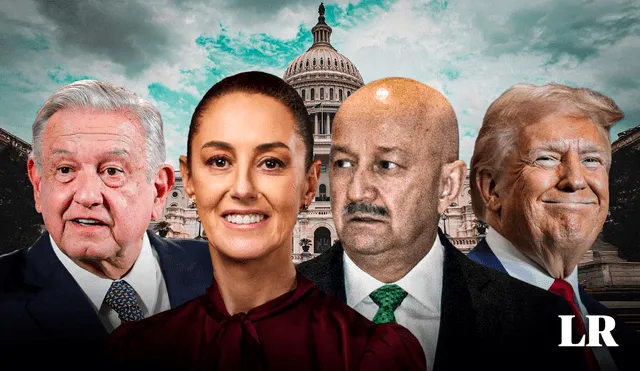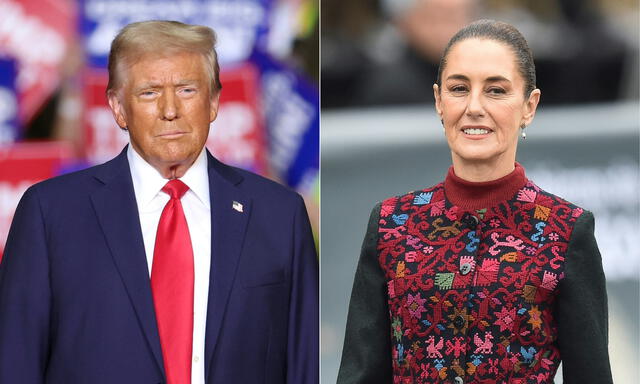This is the only reason Mexican Presidents Aren’t invited to Inauguration Day in the US
Discover why Mexican presidents aren’t invited to U.S. presidential inaugurations. Explore the diplomatic protocols and rare exceptions that shape this tradition.

U.S. presidential inaugurations are celebrated as domestic events, primarily focused on the peaceful transfer of power within the nation’s government. Unlike other significant international gatherings, such as summits or state visits, the primary purpose of these ceremonies is to showcase the democratic process and highlight the country’s internal political unity.
The absence of Mexican presidents at U.S. presidential inaugurations has raised questions over the years, especially given the close relationship between the two countries. However, this exclusion is rooted in longstanding diplomatic protocols rather than political disagreements. Understanding the reasoning behind this tradition offers insight into the nature of U.S. inaugurations as domestic events and the role of diplomatic representation in such ceremonies.
Why Mexican Presidents aren’t invited
U.S. presidential inaugurations are considered primarily domestic events, focusing on the country’s political leadership and citizens. For this reason, foreign heads of state, including Mexican presidents, are typically not invited. Instead, nations are represented by their ambassadors.
Instead, diplomatic representation at these events is handled by ambassadors. For example, during President Donald Trump’s 2025 inauguration, Mexico’s presence will be marked by its ambassador to the United States, Esteban Moctezuma. This practice ensures that countries are diplomatically represented without turning the ceremony into an international political event. By prioritizing ambassadors, the U.S. underscores the domestic nature of the inauguration while maintaining respect for international relations.

Mexican president Claudia Sheinbaum won't be at the US Capitol to Trump's presidential inauguration. Photo: AFP.
Rare exceptions and the Salinas-Clinton Meeting in 1993
While the general protocol excludes foreign leaders, exceptions have occurred based on political and diplomatic priorities.
- Under President Donald Trump’s administration, select foreign leaders were invited to inaugurations, reflecting strategic alliances. These included leaders from countries such as Argentina, Ecuador, El Salvador, and Italy.
- However, these cases remain rare and are influenced by specific geopolitical considerations, rather than standard practice.
The only recorded instance of a Mexican president attending an inaugural-related event occurred in 1993, when President Carlos Salinas de Gortari met with President-elect Bill Clinton in Austin, Texas.
This meeting was significant as it took place during discussions about the North American Free Trade Agreement (NAFTA), highlighting the importance of U.S.-Mexico relations at the time. However, even this interaction occurred outside the official inauguration ceremony.
